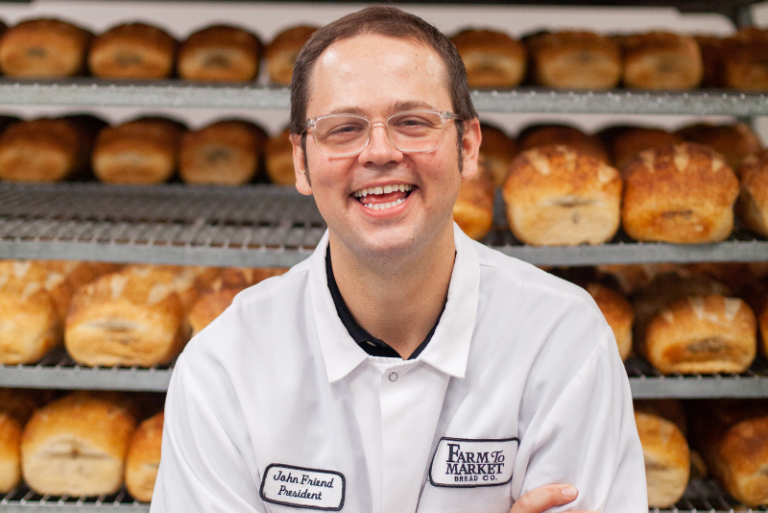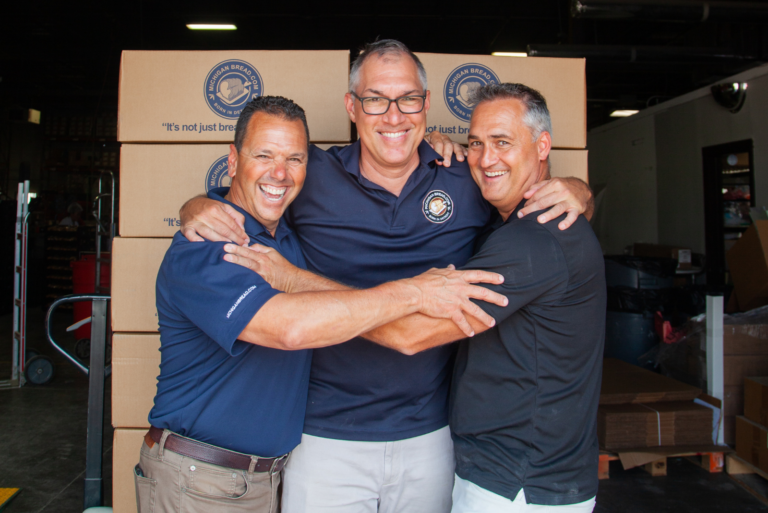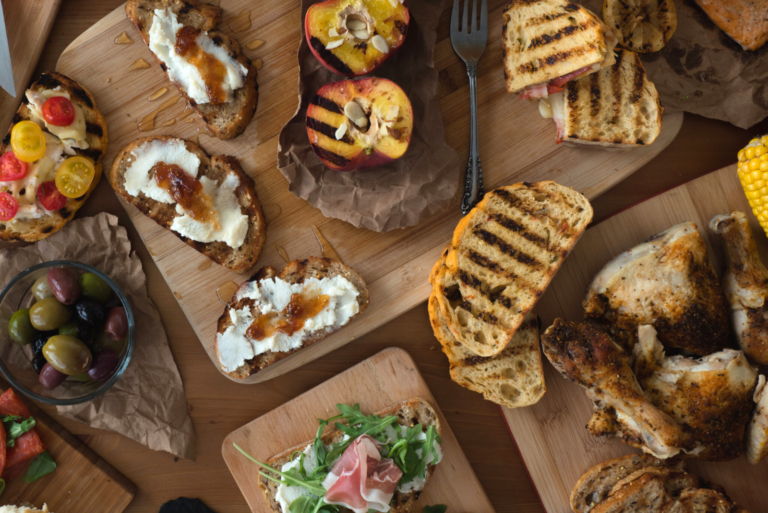KANSAS CITY, KS — Farm to Market Bread Co. will always remember its roots as an artisan bread bakery, making daily deliveries to local grocery stores when it first opened in 1993. But across three decades, as the company grew from a small operation in the back of a restaurant kitchen to a 30,000-sq.-ft. commercial production facility, so did its SKUs.
The pivot point happened in 2012, when the company moved into a small commercial production facility near downtown Kansas City, MO, to take on more foodservice accounts and the custom orders that came with them. This brought rapid changes that expanded the company’s product mix and evolved its business model.
The bakery’s portfolio had grown to include artisan breads, buns and rolls, and laminated pastries for daily fresh delivery to restaurants and grocery stores, and the orders weren’t slowing down. The bakery was at capacity; without freezer space or room to add equipment, new business opportunities were lost.
“We were kind of stuck and unable to grow much more,” said John Friend, president of Farm to Market. “That was the biggest lesson I learned: being able to prepare not only for five years down the road but also the next 10 years. We didn’t anticipate how quickly that space was going to run out. We had to make sure we had ample space to grow while also figuring out where the growth was going to come from.”

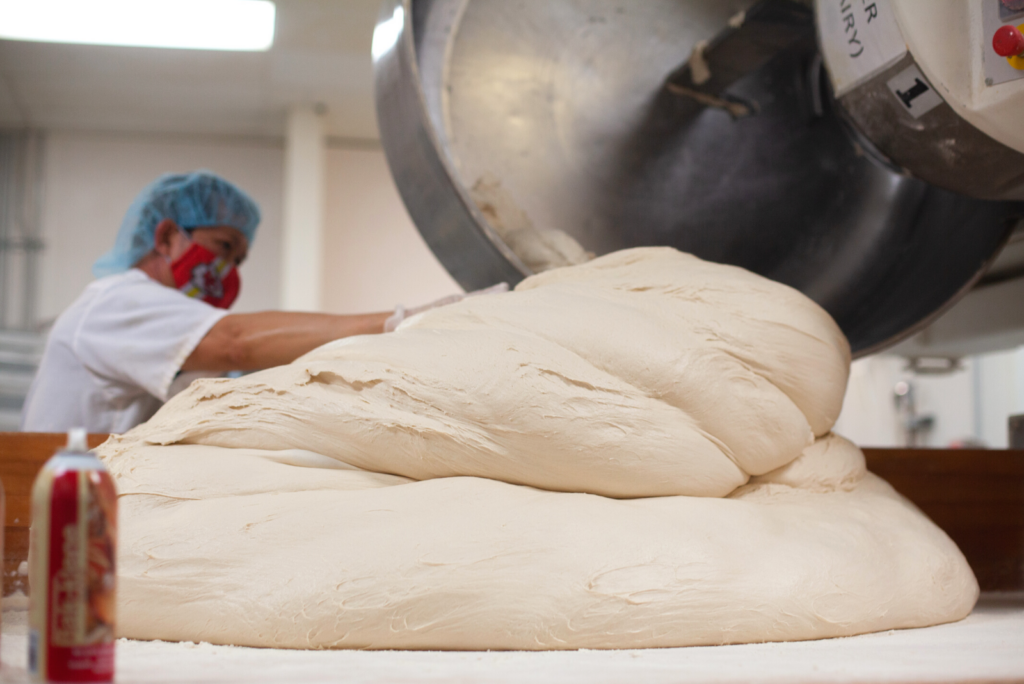
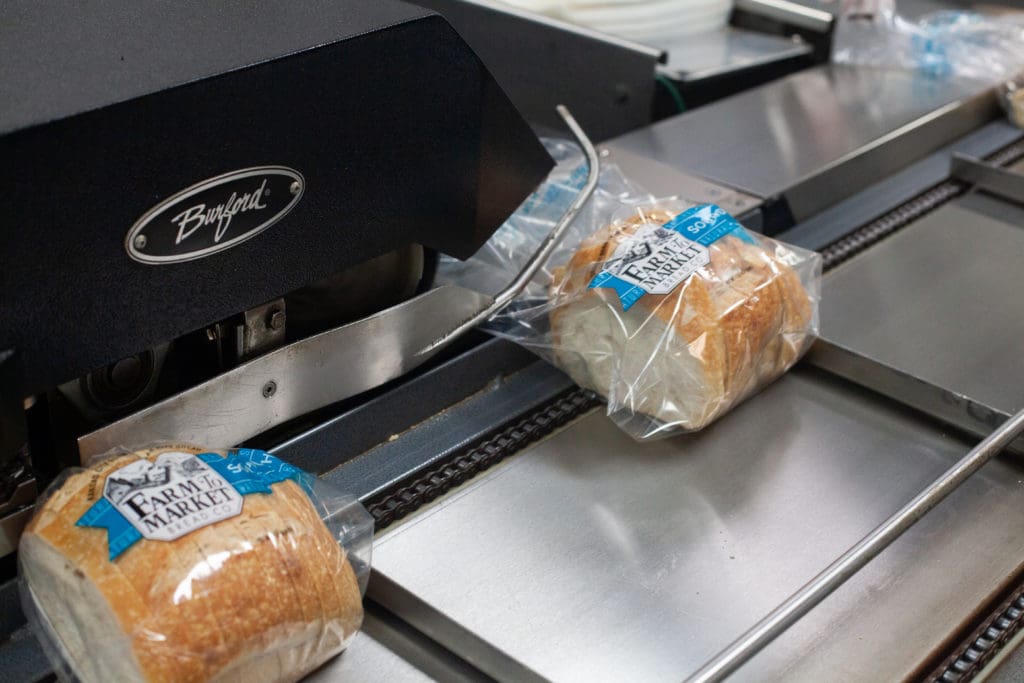 “We do more than 200 different items when you break it down by size, shape and custom attributes like topping,” John said. “When we can take 200 different products out of one mix, that’s efficient for us, but when we need 20 mixes to do 200 products, it gets more labor-intensive.”
“We do more than 200 different items when you break it down by size, shape and custom attributes like topping,” John said. “When we can take 200 different products out of one mix, that’s efficient for us, but when we need 20 mixes to do 200 products, it gets more labor-intensive.”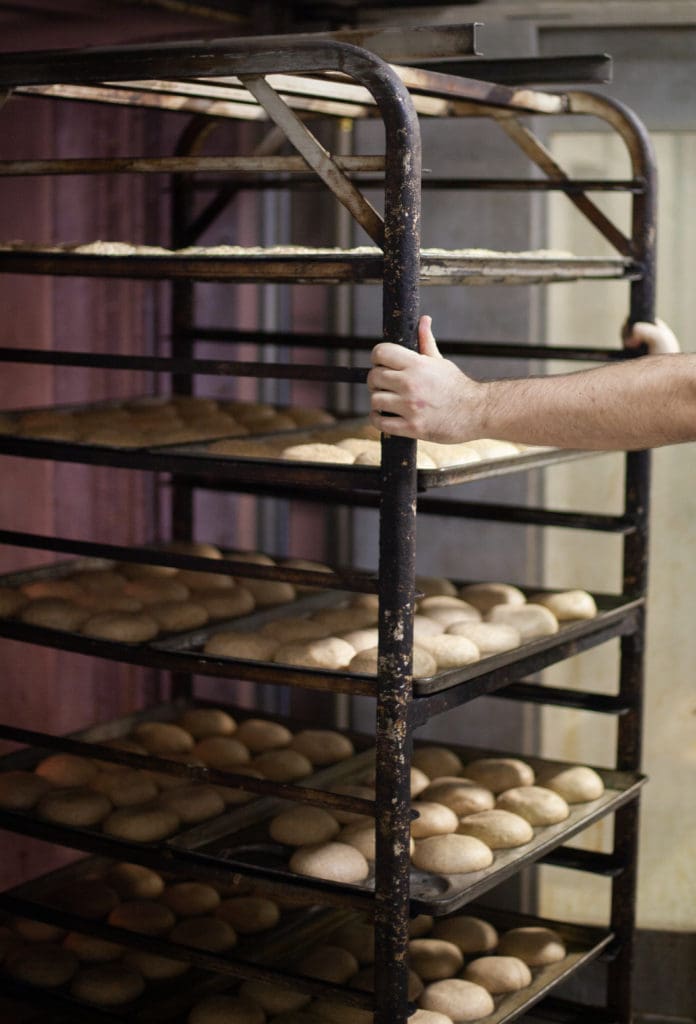 While there is ample space for artisan production stations, the new facility also provides plenty of room for growth. In the current setup, the bakery produces up to 25,000 pieces per day, and once it invests in more planned automation, including an intermediate proofer to replace the one the bakery acquired from La Brea Bakery nearly 20 years ago, that throughput will increase to 35,000.
While there is ample space for artisan production stations, the new facility also provides plenty of room for growth. In the current setup, the bakery produces up to 25,000 pieces per day, and once it invests in more planned automation, including an intermediate proofer to replace the one the bakery acquired from La Brea Bakery nearly 20 years ago, that throughput will increase to 35,000.